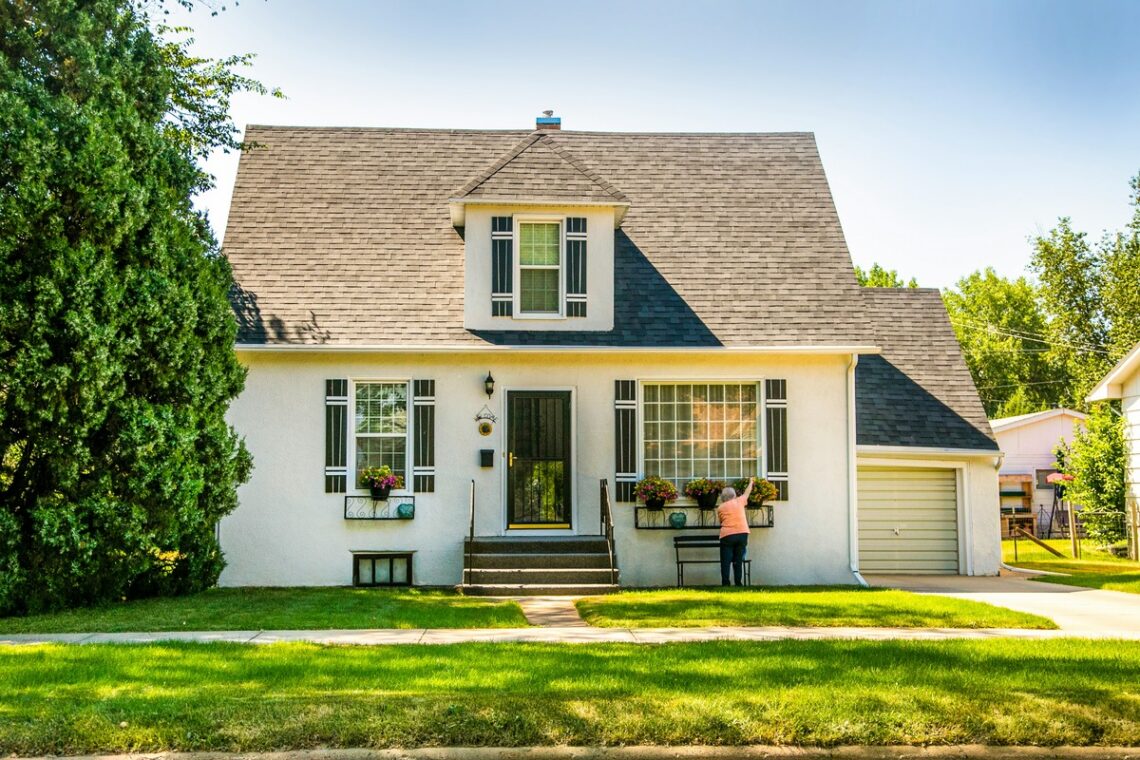If you’re looking to finance an energy‑efficient home purchase or renovation in Germany, Green Mortgages in Germany(also known as energy‑efficient mortgages) are your ticket to lower rates, government support, and long‑term savings.
What Are Green Mortgages?
A green mortgage bundles the purchase or refinancing of property with energy efficiency upgrades—such as solar panels, heat pumps, insulation, or windows. These loans meet the EU’s energy‑efficiency standards (typically at least a 30% improvement) (researchgate.net)
In Germany, institutions like KfW or banks with green lending programs (e.g., apoBank’s “Grüne Baufinanzierung”) incentivize borrowers who meet energy‑efficiency standards (A‑class homes, KfW Efficiency House 55/70/85, etc.) (apobank.de).
Benefits of a Green Mortgage
Lower Interest Rates & Subsidies
- KfW 261/262 Efficient Building Loans offer loans up to €150,000 at ~1.07% with repayment bonuses between 5–45% (urbyo.com).
- apoBank’s green financing gives discounted rates for A+ energy class properties (apobank.de).
Government Grants & Bonuses
- KfW loans often include subsidies—a one‑time repayment grant, or grace periods of up to 5 years (iamexpat.de).
Long-Term Savings & Value
- Energy-efficient homes mean significantly lower utility bills and increased property value.
- Greener buildings often reduce risks and may offer better refinancing terms.
Higher Depreciation (AfA) for Investors
- For rental or commercial properties, energy-efficient buildings can qualify for higher depreciation rates under German tax law (AfA), enhancing the annual tax write-off potential.
- In particular, green refurbishments and modernizations often qualify for accelerated depreciation over 3 to 5 years, increasing your cash flow benefits early in the investment cycle.
Eligibility Requirements
Efficiency Standards
Your property must meet energy benchmarks (e.g., KfW 55 or 70, or EU‑aligned standards) ().
Permitted Use
Green mortgages apply to owner‑occupied homes, new builds, and energy‑focused renovations—not buy‑to‑let.
Professional Energy Audit
KfW mandates an accredited energy consultant to certify compliance before loan approval ().
How to Apply
Step 1 – Energy Consultant
Engage a certified energy expert to evaluate your property and issue an “Energieeffizienz‑Nachweis”.
Step 2 – Choose Your Financing Partner
Visit banks or solvent mortgage partners like KfW, apoBank, Sparkasse, or private banks with green programs.
Step 3 – Submit Application
Your bank submits the application to KfW, attaching the energy certificate and efficiency audit before disbursement begins.
Step 4 – Loan Terms & Approval
If approved, expect favorable fixed interest, possible grace periods, and repayment bonuses.
Step 5 – Implementation & Re-Evaluation
Proceed with renovations/construction. Post-completion audits may adjust bonus amounts based on final efficiency levels.
What to Know & Common Pitfalls
- Application must come before construction—once renovations or purchase are underway, it’s too late (iamexpat.de).
- You’ll incur consultant fees and audit costs, which may be partially offset but still non-negligible ().
- Combine subsidies smartly: KfW loans can stack with grants like BAFA or state-level supports.
- Mind the long‑term scope: The interest savings and property value gains often outweigh extra upfront complexity.
Final Thoughts
Green Mortgages in Germany offer a powerful combination of environmentally friendly improvements and financial benefits. With lower interest, state bonuses, higher depreciation for investors, and long‑term savings, this is an ideal solution for forward-thinking homeowners.
Engage an energy consultant early, compare programs, and partner with a bank familiar with green mortgages. You’ll not only shield your wallet—but also support Germany’s net‑zero goals.
Explore more real estate financing insights at Immojourney.com to make the smartest property decisions.





